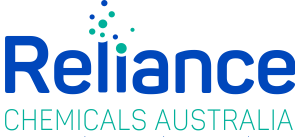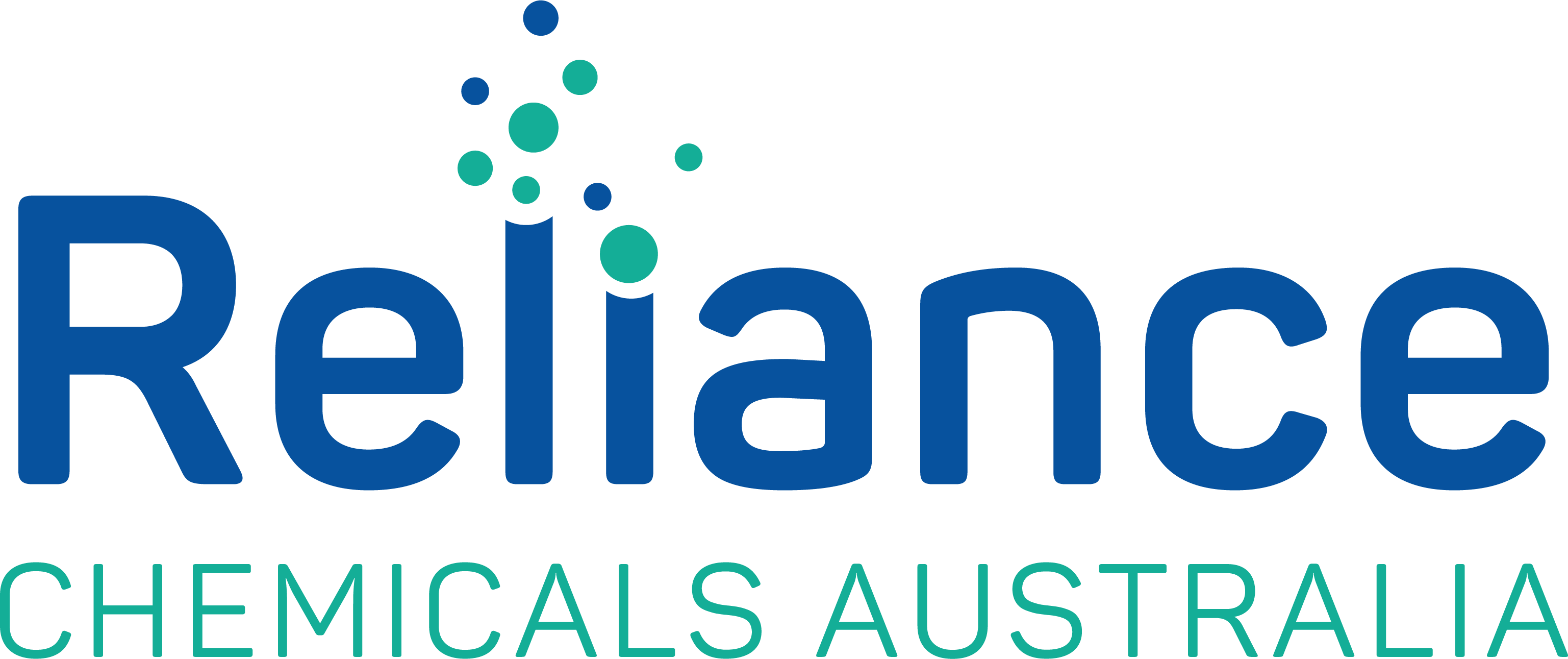Highest quality hygiene and cleaning chemicals

Industrial cleaning and degreasing play a critical role in every industry. When it comes to applications on heavy vehicles such as trains and aircraft, cleaning and degreasing aren’t just about keeping up appearances. Sanitising critical infrastructure helps to maintain a safe and healthy working environment. In this guide, you’ll learn about how industrial cleaners and degreasers work.
Soiling refers to any unwanted material on an object and is typically segregated into these two categories:
Most industrial cleaning projects involve mixed soils, such as the build-up of oil and grease on equipment. This contamination eventually bonds with dirt and dust. Thus, the majority of industrial cleaning tasks involve degreasing and lifting oils from surfaces.
Traditional industrial degreasers will occasionally contain ingredients that can damage equipment or contaminate waste-water. These include:
Because these ingredients vary in degrees of toxicity, they come with high physiochemical risks. Take a closer look at the effects of these ingredients.
Acid and alkali degreasers remove materials through aggressive chemical reactions. While useful in degreasing surfaces, they can just as easily damage surrounding materials and pose burn risks to cleaners.
Many degreasers contain environmentally harmful materials such as Butyl Cellosolve, which boasts high toxicity levels. These solvents are dangerous to interact with, particularly without protective gear.
Emulsifiers remove oil from surfaces by trapping them in water mixtures for long periods. While it’s an effective method of degreasing, it leaves behind massive volumes of highly contaminated wastewater.
Disposing of wastewater is incredibly costly—but its expensive processes are the only way to eliminate them safely. The wastewater emulsifiers produce contain high levels of toxic hydrocarbons, which become incredibly bio-available because of how well they mix with water.
When disposed of in natural environments, plants and animals—specifically marine life—ingest them easily.
Depending on your region, your sector may have to adhere to allowable levels of hydrocarbon in wastewater to avoid harsh environmental impact. In nearly all cases, an emulsifying degreaser can’t produce wastewater within these regulations.
Thanks to recent developments and new technologies, industrial degreasers are overcoming the problems posed by their traditional counterparts. Now, many degreasing products and cleaning solutions are derived from plant-based materials, doing without the addition of harmful petrochemicals.
Surfactant technology continues to eliminate problematic ingredients further, improving the quality of wastewater and allowing for safe disposal. Reliance Chemicals Australia is among the few adopting green and biodegradable methods of cleaning, incorporating flocking agents such as wood pulp instead of aggressive materials.
While traditional methods of degreasing and cleaning are undeniably useful, they create unwanted chemical reactions that negatively affect the environment. By making the switch to biodegradable cleaning products, you can keep your machines in tip-top shape without any damage.
Purchase the best cleaning products for industrial use at Reliance Chemicals Australia. We are proud to provide flexible solutions for our customers while being mindful of the way we impact the environment.

